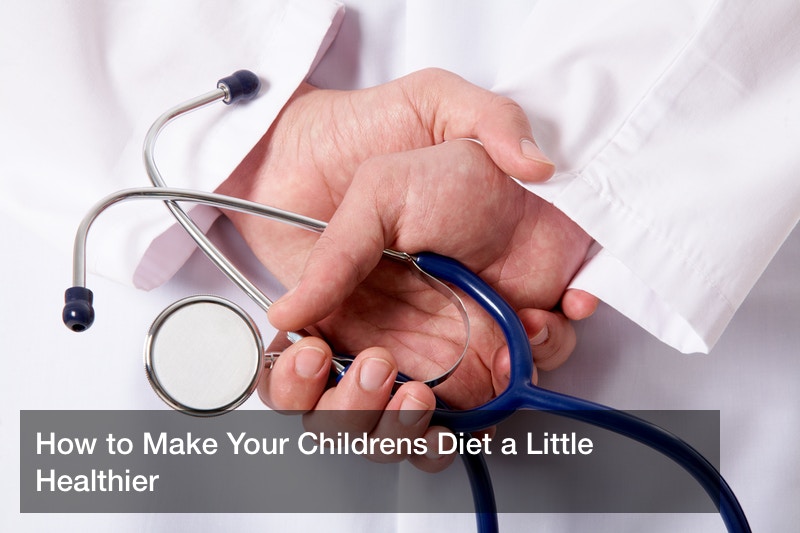
It’s recommended that everyone participate in regular exercise to maintain a healthy lifestyle. However, the elderly may need to exercise a bit more to lower their chances of cardiac issues.
“We had hoped to see a trend for reduced heart disease events,” said Dr. Anne B. Newman, director of the University of Pittsburgh Center for Aging and Population Health. “Given the strong positive finding for reduced mobility disability, previously published in JAMA.”
According to Fox News, Newman, along with a few other medical professionals, conducted a study researching elders over 70 and their exercise habits. They assigned 1,600 elders who could walk at least 400 meters to one of two programs. The first was just a physical activity program and the other was an educational program titled, “successful aging.”
The participants in the first group attempted to walk at least 150 minutes each week and took part in balance, flexibility and strength exercises.
The elders in the successful aging group went to various workshops each week during the first 26 weeks of the program, followed by a session once a month. The successful aging group participants did not exercise at all during this period.
All participants involved were encouraged to visit a health assessment clinic every few months during the study.
Over the two and a half year period, 121 of the 818 participants in the physical activity group and 113 of the 817 successful aging members suffered a cardiovascular event like a stroke or heart attack.
Wholly 81% of retirees cited good health as being the most important aspect of having a happy life during their old age. Physical activity has been shown to improve various aspects of a person’s life, but it may not change a few important parts.
The Source for Interventional Cardiovascular News and Education (TCTMD) reports that despite the physical activity group improving some cognitive and mobility skills in the elderly patients, there was no reduction in cardiac events associated with physical activity. These cardiac events occurred at a rate of 14.8% in the physical activity group and 13.8% in the successful aging group.
“The lack of a difference could mean that physical activity needs to start earlier in life to prevent cardiovascular disease, or it could mean that more exercise in needed than what we provided,” said Newman.



